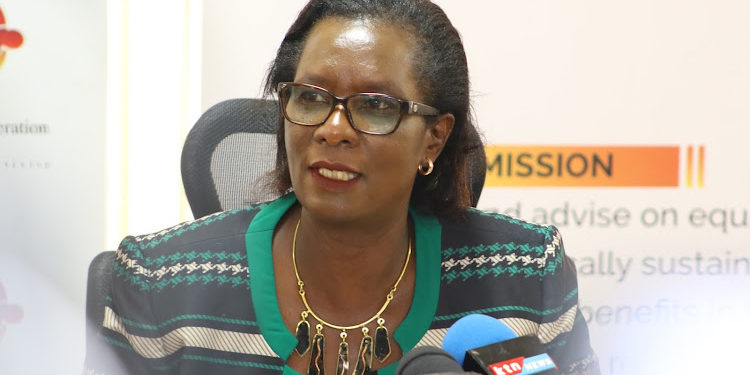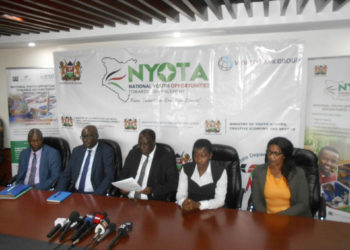Kenya’s Salaries and Remuneration Commission (SRC) has reported a slowdown in public wage bill growth, even as it approved a significant increase in expenditure requests from public institutions in the fiscal year 2023/2024.
According to the SRC’s Fourth Quarter Wage Bill Bulletin released on Friday, the commission approved requests worth KES 32.21 billion in FY 2023/2024, representing 61.92 per cent of the total KES 52.02 billion requested. This marks a substantial increase from the KES 4.27 billion approved in the previous fiscal year.
The bulletin reveals that the wage bill to nominal GDP ratio is estimated to decrease to 6.92 per cent in FY 2023/2024, down from 7.67 per cent in FY 2021/2022. Similarly, the wage bill to ordinary revenue ratio is projected to decline to 46.23 per cent in FY 2023/2024 from 47.06 per cent in FY 2021/2022.
Despite these improvements, county governments continue to face challenges in managing their wage bills. The bulletin states, “The county government expenditure on the wage bill, as a share of revenue, shows that on average, the ratio has remained above the PFM Regulations, 2015, of not more than 35 per cent.”
At the national level, the personnel emoluments as a share of total expenditure are estimated to decrease from 25.51 per cent in the third quarter to 23.54 per cent in the fourth quarter of FY 2023/2024. However, the wage bill to ordinary revenue ratio for the national government is expected to increase from 29.92 per cent to 34.73 per cent in the same period, approaching the legal threshold of 35 per cent.
The SRC received 79 requests from public institutions in FY 2023/2024, with the majority (79 per cent) relating to allowances and benefits. Collective Bargaining Agreements (CBAs) accounted for 11 per cent of the requests, while bonus and salary review requests made up 6 per cent and 4 per cent, respectively.
The commission noted a significant approval in the fourth quarter, stating, “The high percentage of requests approved by SRC as a share of requests received from public institutions in the fourth quarter was mainly attributed to SRC’s advice on Collective Bargaining Agreements (CBA) for Universities Academic Staff Union (UASU), Kenya University Staff Union (KUSU), and the Kenya Union of Domestic, Hotels, Educational Institutions, Hospitals and Allied Workers (KUDHEIHA) for the 2021-2025 cycle.”
While the total wage bill continues to grow, the rate of increase has moderated. The bulletin reports, “The total wage bill grew at an average rate of 9.15 per cent per annum between FY 2017/2018 and 2021/2022, and estimated to continue growing, but at slightly lower rates of 6.36 and 6.37 per cent in FY 2022/2023 and 2023/2024, respectively.”

















